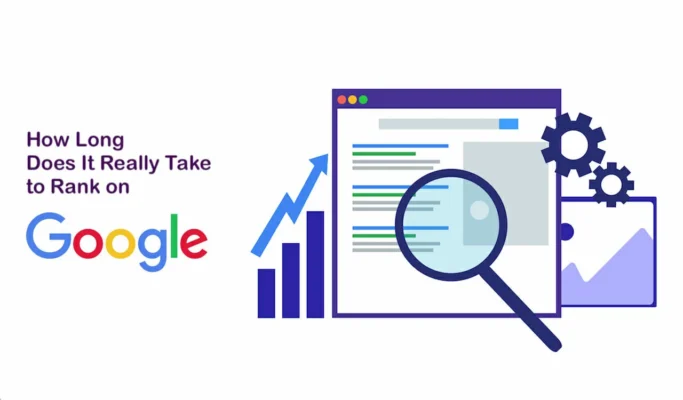How to SEO your website to rank top in Google Analytics.
Search engine optimization (SEO) is the practice of optimizing your website’s content and structure to improve its visibility in search engine results pages (SERPs). When done correctly, SEO can help your website rank higher in search engine results pages, bringing in more organic traffic, and ultimately boosting your website’s online presence.
One of the best tools for tracking your website’s traffic is Google Analytics. It offers detailed insights into how visitors interact with your website and can help you measure the effectiveness of your SEO efforts. But, in order to make the most of Google Analytics, you need to ensure that your website is optimized for search engines.
Here’s a step-by-step guide to SEO your website and rank top in Google Analytics:
Perform a Website Audit
Before you can start optimizing your website for search engines, you need to identify what needs to be improved. Conducting a website audit can help you identify any technical issues, broken links, or poorly optimized pages that are hurting your website’s SEO. You can use free online tools like Google Search Console or paid services like SEMrush to perform a comprehensive audit of your website.
Identify Target Keywords
1. Once you have identified the technical issues, you need to identify the target keywords for your website. These are the words or phrases that your target audience is searching for on search engines. You can use tools like Google Keyword Planner, SEMrush, or Ahrefs to identify the right keywords for your website.
Optimize Your On-Page Elements
2. On-page optimization involves optimizing the content on your website pages to make it more search engine friendly. Some of the key on-page elements that need to be optimized include title tags, meta descriptions, header tags, and content. Make sure your target keywords are included in these elements to improve their relevance and search engine ranking.
Optimize Your Website’s Structure
3. Your website’s structure plays a critical role in your website’s search engine ranking. Make sure your website is easy to navigate, and the pages are linked together logically. Use a clear URL structure that includes target keywords, and ensure that your website is mobile-friendly.

Create High-Quality Content
4. Content is the heart of any SEO campaign. Create high-quality content that is relevant and useful to your target audience. Use your target keywords in your content, but don’t overstuff your content with keywords. Focus on creating content that provides value to your audience, and that is shareable across social media.
Build High-Quality Backlinks
5. Backlinks are links from other websites that point to your website. They are a crucial factor in search engine ranking, as they signal to search engines that other websites consider your content to be valuable. Focus on building high-quality backlinks from authoritative websites in your industry.
Monitor Your Website’s Performance with Google Analytics
6. Google Analytics is a powerful tool for monitoring your website’s performance. It allows you to track your website’s traffic, measure the effectiveness of your SEO efforts, and identify any areas that need improvement. Make sure you set up your Google Analytics account correctly and track your website’s traffic regularly.
In conclusion, SEO is a critical component of any website’s online presence. By following the steps outlined in this article, you can improve your website’s search engine ranking, bring in more organic traffic, and ultimately grow your online presence. Make sure you conduct a comprehensive website audit, identify target keywords, optimize your on-page and off-page elements, and create high-quality content that provides value to your audience. With consistent effort, you can rank top in Google Analytics and achieve your online goals.






